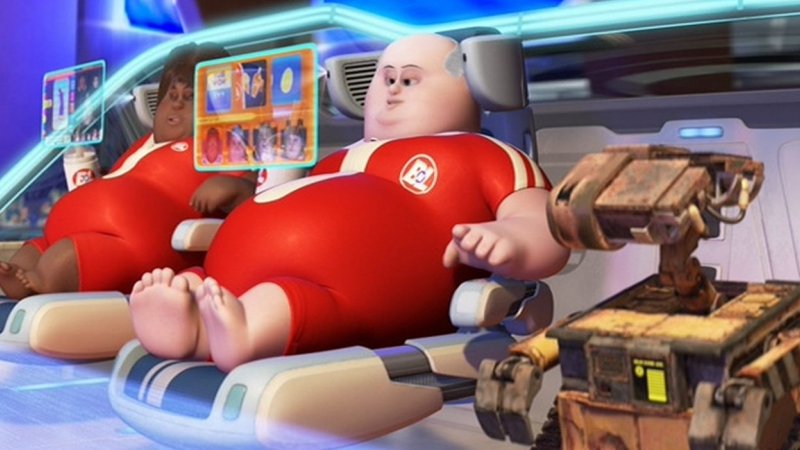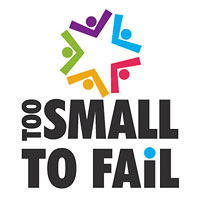Non insultate l’arbitro e non fate il tifo contro gli avversari quando gioca la squadra di vostro figlio.
Siate, invece, corretti nel dimostrare in maniera positiva il vostro sostegno a tutti i giocatori, agli allenatori e all’arbitro.
Non urlate a vostro figlio cosa deve fare in campo, non sostituitevi all’allenatore.
Lasciatelo, invece, giocare e fare liberamente le scelte che vuole.
Non sgridatelo quando commette un errore o quando gioca male.
Sostenete, invece, il suo impegno e dimostrategli che siete orgogliosi di lui.
Non criticate a priori le scelte degli allenatori e degli arbitri.
Ascoltateli, invece, mettetevi nei loro panni cercando di comprendere il loro punto di vista.
Non arrabbiatevi quando la squadra di vostro figlio perde, non sentitevi delusi e non sgridatelo
Ricordatevi, invece, che il gioco è dei bambini, non siete voi ad avere perso
Non ditegli che vi ha profondamente deluso e che non diventerà mai un campione.
Fate, invece, attenzione a che lo sport sia per lui un’esperienza divertente ed eccitante.
Non fate finta di nulla quando vostro figlio è deluso o è arrabbiato per qualcosa che è successo mentre giocava ma neanche ditegli che uno stupido a prendersela.
Per primo, invece, ascoltatelo, lasciatelo parlare mostrandogli che capite il suo stato d’animo e successivamente trovate insieme una soluzione.
Non insegnate con il vostro comportamento a non avere rispetto per gli altri, siano essi compagni, giocatori di squadre avversarie, allenatori o arbitri.
Dimostrategli, invece, che avete rispetto di tutti loro e che pretendete che anche lui lo dimostri.
Non alleatevi con quegli allenatori che fanno giocare solo i migliori e che mostrano maggiore attenzione verso i più bravi.
Esigete, invece, che gli allenatori diano a tutti le stesse opportunità per imparare e che dimostrino entusiasmo nel lavorare con i bambini.
Non parlate solo di sport con vostro figlio, non guardatelo solo in TV. Non portatelo solo ai giardini.
Praticatelo, invece, insieme, stando all’aria aperta a giocare, impegnandovi in qualsiasi attività fisica che piaccia a tutta la famiglia.

 Read
Read 



